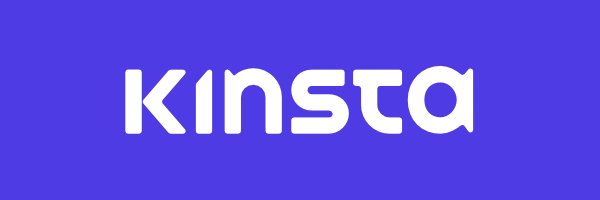TL;DR: The experience in writing for WordPress and developing for WordPress has become a much different experience in the last decade, let alone five years, so much so the difference between the two is so wide it feels like two completely different worlds.
In thinking about this, I started considering: What advice would I give to those who are new to the WordPress economy. What advice would I give my former self?
When I first started working with WordPress, it was generally an all-encompassing experience.

I was blogging almost daily – something I miss, but priorities and all that – and I was writing themes, plugins, and trying to make a case for how we could eventually build applications with WordPress. (No, I wasn’t the only one doing this but it was something that introduced me into a group of like-minded folks who all saw the potential – you know who you are 🙂.)
And, for the record, I did end up building some software on WordPress utilizing the REST API prior to the further de-coupling of the front-end such that what has become known as headless WordPress was a thing.
Anyway, all of that is to say:
- I was writing all of my content in WordPress,
- I was building all of my projects around WordPress.
These days, I still enjoy writing software for WordPress but it’s a very different experience. And I don’t know if I particularly like writing in WordPress despite giving the Block Editor a consistent go as much as I used to and despite the fact that I think I have a reasonably good idea as to where the project is ultimately headed.
As I was thinking about this, I started to wonder:
- What does it look like to be a WordPress developer now?
- What advice would I give my past-self?
- What advice would I have or comments would I share with those in the next generation of developers coming up in the WordPress economy.
- …and a few other things.
But before answering any of those things, I think it worth clarifying a few points.
WordPress Now
For those who haven’t read this blog or listened to any of the podcasts in which I’ve participated, the super short version goes something like this:
⏮ Then
I started blogging with WordPress in college, around 2006, and began building small utility plugins to help me automate things that the software didn’t do out of the box.
After a few years working for a large organization in .NET, I moved into self-employment and worked building custom solutions using WordPress.
Then, I moved back into agency life with WebDevStudios and am now a developer at Awesome Motive.
⏭ Now
I don’t blog, podcast, or go to meetups as much as I used to and I spend more time writing code that communicates with backend systems than with the frontend and I’m really happy doing that.
I’m not particularly fond of working on the frontend not so much because it’s something I don’t want to learn, but because I’ve always been more of a backend developer and enjoy the various challenges that come with that.
💡 So What’s This Have to Do With Anything?
A lot of readers [but likely more writers] are familiar with NaNoWriMo. And though I’m not really in the business of writing a novel, I’m in the business of blogging [despite the fact that it’s been almost two months since I published anything].
And since Post Status has been doing this whole #ClickPublish thing I’ve seen others blogging about, I thought this month would be a good time to try to get back into the habit.
That said, it’s obvious I’m not terribly committed to the schedule since this post is coming out on the second day of the month. 🤷🏻♂️
Anyway, here’s what I’m getting at: In the last few weeks, I’ve been thinking a lot about my current role in the WordPress economy and how lots of what I’ve done has lead me to where I am now. Don’t read this as the everything happens for a reason cliché.
What I mean is that had I not worked in the various areas of WordPress that I have over the last 10+ years, I wouldn’t have found a niche in which I really enjoy working, am consistently challenged, and find interesting problems to solve.
Nor would I have the past-and-present colleagues that I do.
And all of that leaves me with the usual if I knew then what I know now thoughts. So in the next set of posts, I’m going to talk about a few different things that I’d tell my past-self – or The New Class of WordPress Developers – on what to expect or how to process things when working in this industry.
So that’s what this post has to do with and it’s what I hope will provide some help to those looking to venture into the WordPress economy as part of their career.
